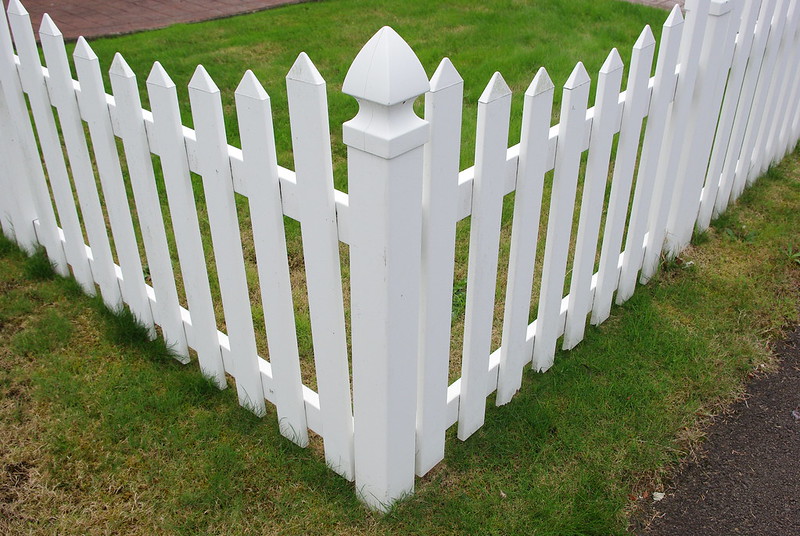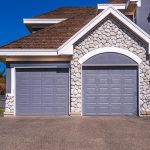Fences are vital components in residential properties, offering security, privacy, and aesthetic appeal. However, regular maintenance is crucial to ensure they continue to perform these functions effectively. We will explore practical tips shared by residential fence installers that can help homeowners preserve their fences’ integrity and extend their lifespan. By following these maintenance practices, homeowners can avoid costly repairs and replacements while maintaining their fence’s functionality and appearance.
Regular Inspection and Repair
One of the primary recommendations from residential fence installers or a trusted fence installation company is to conduct regular inspections. Periodic checks allow homeowners to identify and address potential issues before they escalate. Inspecting the fence involves looking for signs of damage, such as loose boards, rust on metal components, or rotting wood. Immediate repairs, such as tightening screws or replacing damaged panels, help prevent minor problems from developing into major issues. Additionally, assessing the condition of the fence’s foundation and posts is essential, as shifting soil or settling can compromise the structure. Regular inspections, typically every six months to a year, ensure the fence remains secure and functional.
Cleaning and Debris Removal
Maintaining a clean fence is another important aspect of fence upkeep. Accumulated dirt, leaves, and other debris can worsen over time. Residential fence installers recommend using mild detergent and water to clean fences, especially wood or vinyl. For wooden fences, removing any mold or mildew growth is crucial, which can cause wood to decay. A gentle scrub with a brush and cleaning solution can help remove these issues. A simple wash with soapy water followed by rinsing for metal fences can prevent rust buildup. Regular cleaning not only enhances the fence’s appearance but also helps to prevent long-term damage.
Protection from Environmental Elements
Environmental factors significantly impact the longevity of fences. Exposure to harsh weather conditions, such as intense sunlight, heavy rain, or strong winds, can lead to premature wear and tear. Residential fence installers suggest applying protective coatings or treatments to mitigate these effects. Staining or sealing can protect the wood from moisture and UV damage for wooden fences. Metal fences may benefit from periodic applications of rust-inhibiting paint. Vinyl fences, while resistant to many environmental factors, can still be affected by extreme temperatures and should be checked regularly for signs of warping or fading. Protecting the fence from environmental damage ensures it remains sturdy and visually appealing over time.
Addressing Pest Issues
Pests can pose a significant threat to the structural integrity of fences, particularly wooden ones. Termites, ants, and other insects can cause extensive damage if not managed effectively. Residential fence installers advise homeowners to look for signs of pest infestations, such as small holes in the wood or sawdust around the base. Preventive measures include treating the fence with pest-repellent solutions and ensuring that the fence does not come into direct contact with the soil, which can facilitate pest entry. Additionally, removing nearby vegetation that could harbor pests can help protect the fence from potential damage. Addressing pest issues promptly helps maintain the fence’s durability and functionality.
Ensuring Proper Drainage
Proper drainage is crucial in maintaining the stability of a fence. Standing water around the base of the fence can lead to problems such as rot or rust. Residential fence installers emphasize the importance of ensuring that the fence is installed with adequate drainage solutions. This might involve grading the soil around the fence to direct water away from the base or installing drainage systems to manage water runoff. Additionally, checking and clearing any obstructions in the drainage paths around the fence can prevent water accumulation. Proper drainage helps to protect the fence’s foundation and prolongs its lifespan.
Maintaining Fence Gates
Fence gates often require additional attention compared to the rest of the fence. Gates experience frequent use and can be more susceptible to wear and tear. Residential fence installers recommend regular maintenance for gates, including checking hinges and latches for proper function. Lubricating moving parts can prevent rust and ensure smooth operation. Additionally, inspecting the gate’s alignment is essential to avoid issues such as binding or sagging. Making timely adjustments and repairs to the gate ensures it remains functional and complements the fence structure.
Maintaining a residential fence involves a combination of regular inspections, cleaning, environmental protection, pest management, proper drainage, and gate upkeep. By implementing these maintenance tips provided by residential fence installers, homeowners can extend the life of their fences and preserve their functionality and appearance. Regular attention to these aspects helps prevent costly repairs and ensures that the fence continues to provide the security, privacy, and aesthetic value it was designed to offer. Taking proactive steps in fence maintenance ultimately contributes to a well-maintained and durable property boundary.







